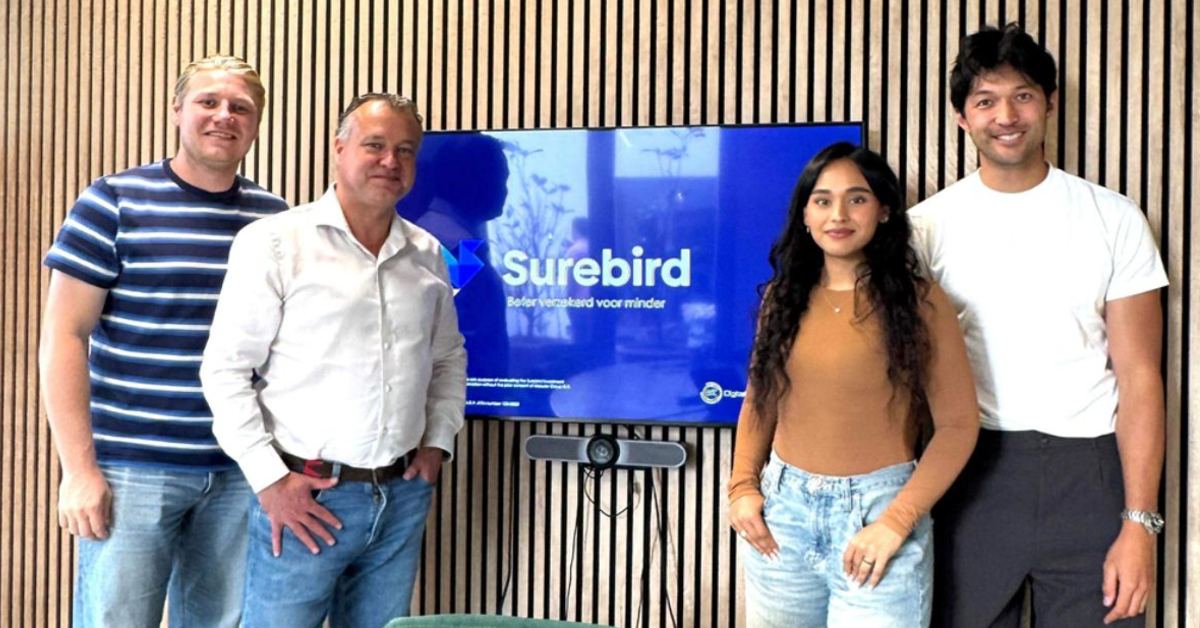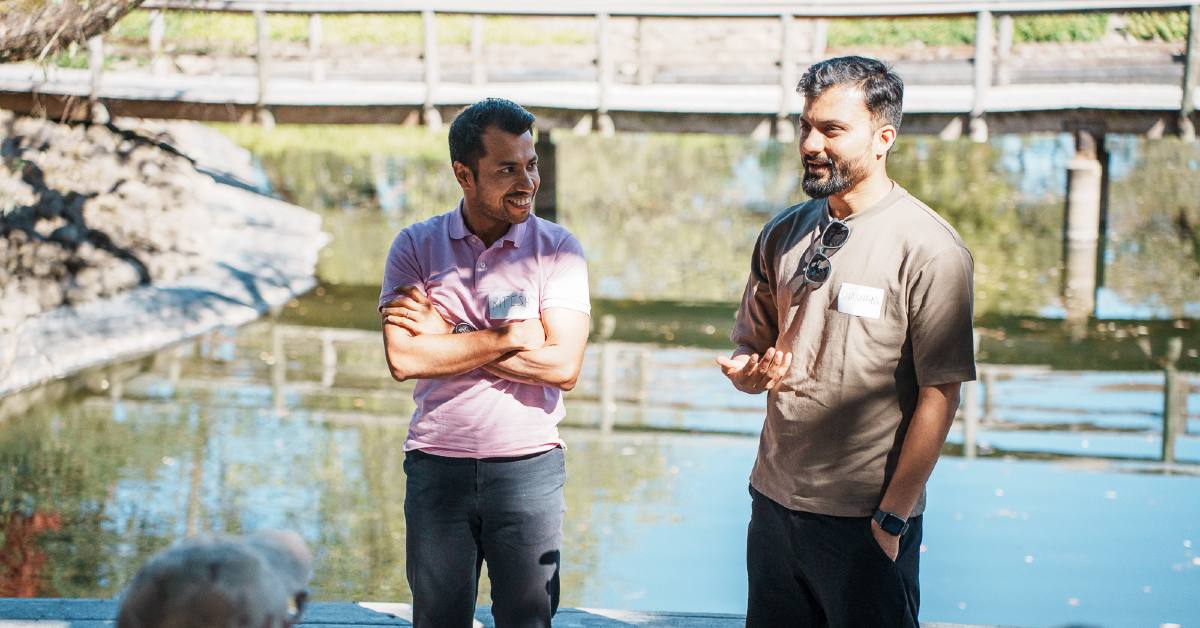Following an email to the Google team from their CEO Sundar Pichai in January 2023, 12,000 googlers were laid off. As you already know, this is not an isolated incident.
Tech companies have been bracing for the second year of the economic recession, and the situation seems to be getting worse. In the first few months of 2023, more than 400 tech companies have let go of over 128,000 employees. This number accounts for 80% of the total number of employees laid off in 2022.
As a talent acquisition specialist with years of experience in recruitment, I have successfully filled over one hundred job openings and recruited top talent for nine portfolio startups of VC firm Flyer One Ventures, including Basenji, Peech, and Mate Academy, even during mass layoffs.
Here’s what startups must pay attention to when hiring in 2023.
Expect more CVs from senior employees
In my experience as a recruiter, I’ve never seen such a high volume of responses to job postings as right now. For reference: I receive an average of 300 responses to a job posting within the first week, while, in 2021, the average was 20.
Many individuals who worked in front-end development, QA engineering, design, sales management, and recruiting have lost their jobs and are actively seeking new opportunities. To secure a job offer, these candidates may need to reduce their rates, and some mid-level candidates have lowered their salary expectations by up to $500.
Senior-level candidates, however, tend to stick to their usual rates, although this will change. While junior and mid-level specialists have been laid off more frequently, hundreds of senior-level professionals will lose their jobs in the subsequent waves of layoffs.
Outsourcing companies, for example, will reduce their staff by 30-40%, as their clients, including large international companies from the US, Western Europe, and Israel, are wrapping up some of their projects and not renewing contracts.
In January-March, I already began receiving resumes from professionals with 5-10 years of experience who had worked for the same company for years and were not interested in changing jobs. Now they are looking for new opportunities.
Recruitment got longer, but it shouldn’t
In 2021, it took about a month to fill a job opening. Now the recruitment process takes up to three months, as recruiters spend more time processing applications. Additionally, employers often want to interview as many candidates as possible to ensure they find the best fit among hundreds of applicants.
Some companies have even started adding an additional interview stage or test task for positions that previously did not require it. But it’s important not to go overboard with evaluation. A recruitment process should not have more than 3-4 interview stages to ensure that it’s still efficient and doesn’t discourage potential candidates.
Find a balance that works for you because the most qualified candidates may not be available for long — 2-4 weeks max. Tired of the process, they may lose interest and accept offers from rivals.
For startups, particularly those in the early stages, time is of the essence. Becoming bogged down in reviewing resumes can result in poorer fundraising outcomes because there aren’t enough people to work on developing a new product feature, causing delays in its release.
Double-check company fit
Currently, job seekers prioritize companies that offer job security and a stable salary. However, once the economy rebounds, they may begin to seek better job matches. To prevent another recruitment wave later on, employers should pay greater attention to a candidate’s soft skills and motivation.
When employees can achieve their personal goals within a company and work well with their team, they are less likely to leave in search of better employment opportunities once the storm has passed.
It’s important for startups not to solely focus on a candidate’s years of experience when making hiring decisions. There may be a temptation to choose candidates who have been in the industry for a long time, but startups often seek product expertise. In this case, a candidate with only two years of experience may outperform a senior candidate who has worked for an outsourcer for 10 years.
Recently, I received 203 responses for a job opening for a QA engineer. After reviewing the brief from the startup, I have decided to arrange interviews with only 10 of the applicants. The other candidates didn’t have enough experience in product testing, which was important for the startup I helped.
Hire recruiters with wide network or build your own
A recruiter who’s good at networking and knows many people in a particular field can find (or recognize) the best people fast. Like Patty McCord, Netflix’s former chief talent officer, who was good at hiring software engineers.
Through my connections with job seekers from past recruiting efforts, for example, I found a motion designer for text-to-speech startup Peech in just nine days. I also found a top sales manager for edtech startup Mate academy who became a team lead in three months.
Any recruiter at a VC firm — like me — usually manages to build an effective network and offers “hot” candidates to portfolio startups, which helps maintain social connections, streamline recruitment efforts, and increase the chances of job seekers finding a good fit with a company. If your business doesn’t have an in-house recruiter, ask the VC that backed you to help out.
If your company isn’t supported by a VC or if your investors don’t have recruiting teams, you should build your own network and use it for hiring.
Begin with LinkedIn: Founders and C-level managers should broaden their connections there to publicize new job openings. People are more likely to consider a job offer if a company’s top manager advertises it and contacts candidates directly. Subscribing to LinkedIn Premium can assist in reaching a more extensive pool of candidates.
Startups also should go to networking events like conferences and meetups and create their own database of people they’d like to headhunt; they can launch referral programs, when employees, advisors, and other stakeholders can refer potential candidates from their networks.
An alternative is to hire a recruiting agency. It can help source, screen, and interview candidates. Such agencies usually have access to a wider pool of potential candidates and can help startups find the right fit for their team and even help negotiate salaries and benefits. The latter can be particularly helpful for startups that are still developing their HR infrastructure.










01
From telecom veteran to Dutch Startup Visa success: The Jignesh Dave story